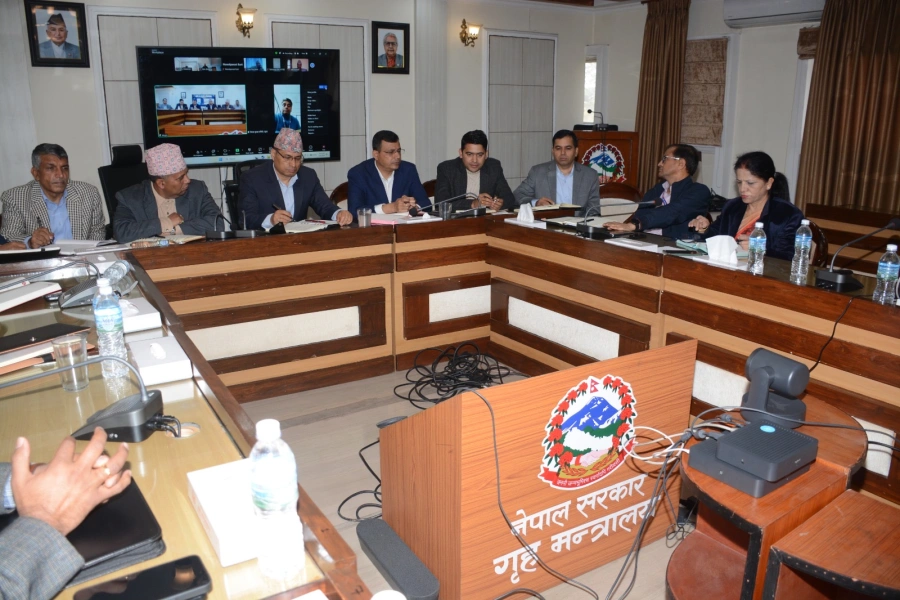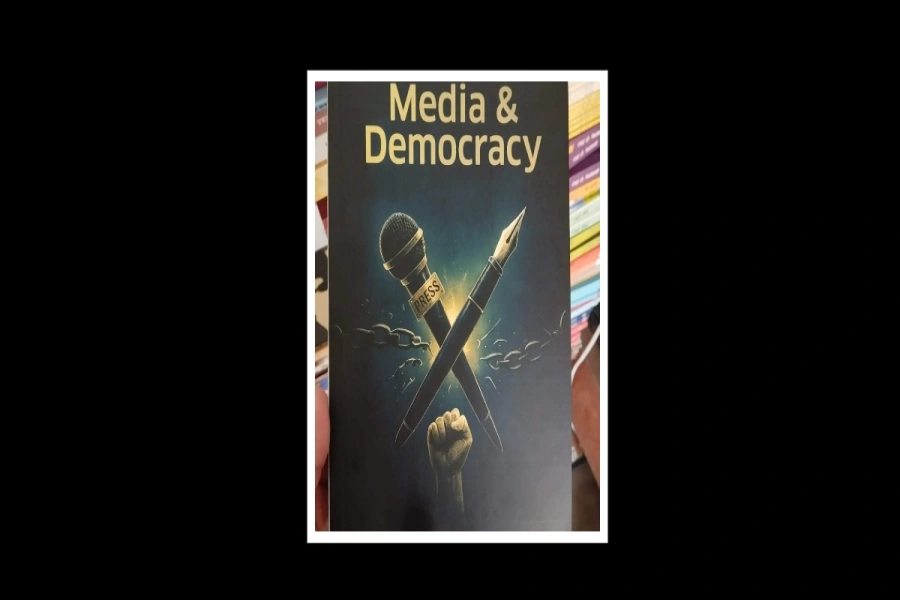A functioning democracy is built on the foundation of transparency, without which it cannot truly be called a democracy. The people choose democracy as their system of governance because it empowers them with the right to know and understand the actions of their elected representatives. The media serves as a vital link between the government and the public, ensuring the flow of information and providing crucial analysis to make the information accessible and understandable. An informed citizenry is crucial for a democratic society, as they are equipped to ask the right questions and hold the government accountable. In essence, the democratic system we have chosen in Nepal is founded on the power of inquiry and knowledge.
However, some key people in the government, it seems, think otherwise. It appears that they believe in hiding information, not in making it public. Why else would the government’s Chief Secretary Shanker Das Bairagi try to block the flow of information by issuing guidelines for the same? It has been revealed that these guidelines were approved and implemented within a couple of days of the formation of a new government led by CPN (Maoist Center) Chairman Pushpa Kamal Dahal on 25th December 2022. The way these guidelines were issued and implemented hurriedly within a couple of days of the formation of a new government has only proved that whoever forms the government only tries to block the flow of information first. It also shows that our bureaucracy still believes in the Panchayat-era restrictions on information flow, forgetting that the constitution has guaranteed the people’s right to information (RTI). So it appears that Chief Secretary Bairagi is not very fond of the idea of RTI.
The controversial decision by the committee headed by Chief Secretary Bairagi to classify 87 policy issues sparked immediate protests and galvanized the stakeholders. Early last week, the prime minister was compelled to step in and engage in discussions with the stakeholders. Thanks to these efforts, the implementation of this information blackout was thwarted and the government's attempt to shroud transparency in secrecy was prevented. Let’s hope, the RTI stakeholders were able to send the message across that any future attempt by the government to classify information will not contradict the constitution and the RTI and other relevant acts!
No one should dream of going against democracy: PM Deuba

There is no denying that the flow of actual and factual information strengthens democracy and the RTI law was implemented in the country to empower the people. Moreover, by establishing the National Information Commission (NIC), Nepal has demonstrated its commitment to fostering democratic principles through transparency in government operations and adherence to RTI laws. The NIC acts as a watchdog, intervening when necessary to protect citizens' right to information and exposing attempts by government bodies to withhold information unjustly.
While some state secrets related to national security are protected, there is practically no need to hide other kinds of information and the government must ensure that such information remains accessible to the public. Despite being classified, information is not meant to be kept secret indefinitely. As time passes, information that was once deemed confidential may eventually become a matter of public record, shedding light on what was previously kept hidden.
In Nepal, it's a common occurrence for government officials to cover up corruption and malfeasance by hiding crucial information, including details of public officials' property, revenue losses, tax evasion, and reports on suspicious financial transactions. This culture of secrecy has been so ingrained that even vital information is considered "classified" by those in power. However, in the past, their attempts to conceal evidence of VAT evasion were exposed when they were forced to reveal the information under the RTI law.
It goes without saying that transparency is the cornerstone of a popular and successful government in a democracy. Without the honest and effective implementation of the right to information, the government will only perpetuate corruption and autocracy. Hiding information from the people undermines the very essence of democratic principles, as the public has the inalienable right to be informed about all government actions without censorship. Well-informed citizens provide vital feedback and hold the government accountable.
The bottom line is information dissemination should be the norm, not secrecy the exception.








































